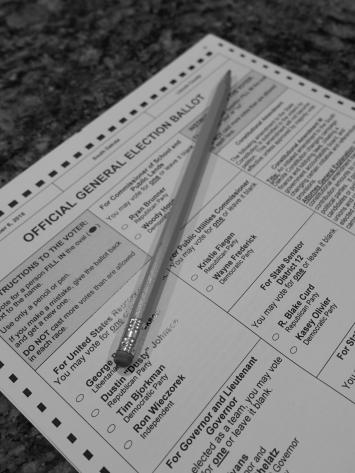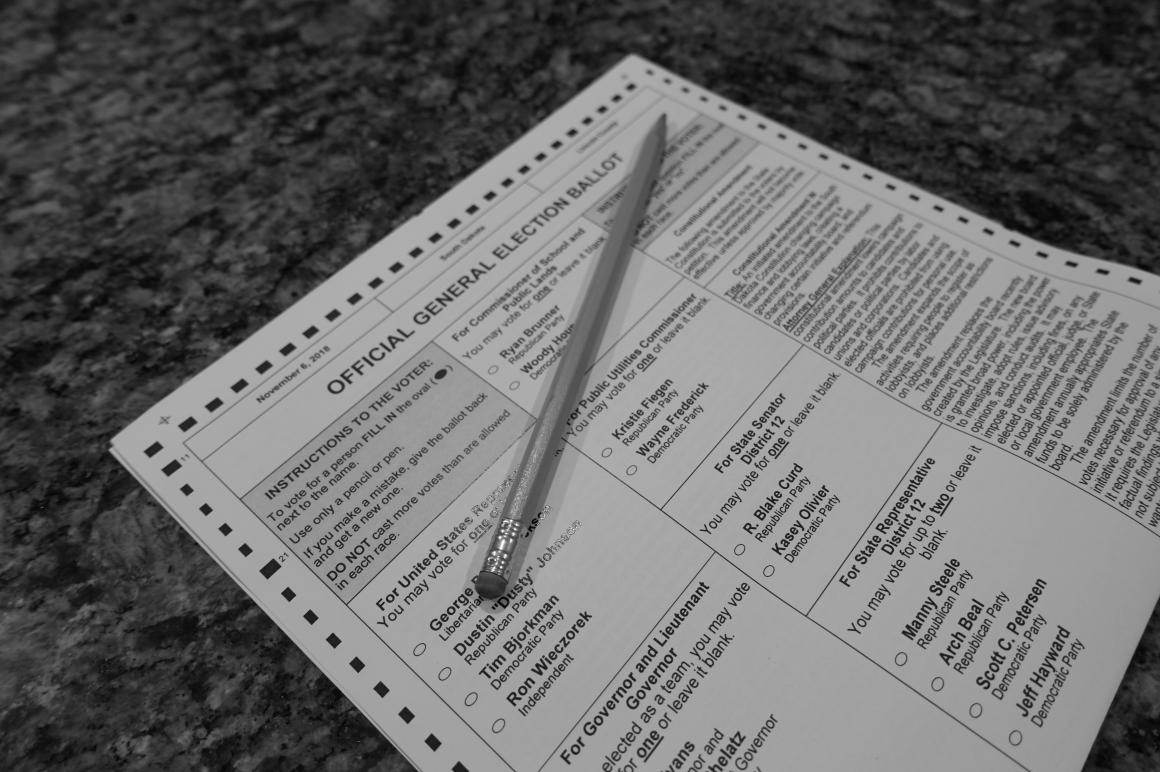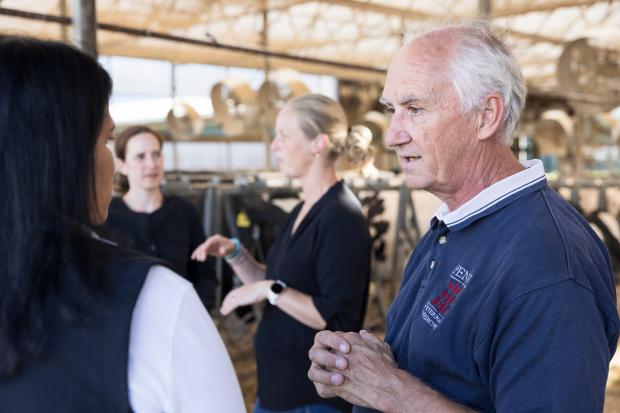Public Deliberation on Climate Transitions and Well-Being

Society is currently engaged in major transitions prompted by the climate emergency and other environmental crises. These green transitions pose a formidable suite of challenges. Public deliberation is a necessary facet of addressing these challenges—and pursuing solutions. Steven O. Kimbrough, Professor at Wharton and the School of Arts & Sciences’ Department of Philosophy, and Rand Quinn, Associate Professor at the Graduate School of Education, co-lead a research community on public deliberation related to climate action.
Focused on climate transition policies and their effects on well-being, the community’s goal is to inform decision makers and the public. Deliberation is a collective endeavor; therefore, the sessions are designed to be diverse, rational, and collaborative, deepening the group’s understanding of competing ideas and perspectives. Researchers in the group are analyzing policies around municipal vehicle electrification, micro-mobility, electrification of landscaping equipment, cooking electrification, municipal composting, and heat pump water heaters.

Related News

“We believe that framing the problem of policy assessment in terms of well-being, instead of preference, will be more conducive to thoughtful exchange of views and ultimately more relevant to local decision making.”
– Steven O. Kimbrough, Wharton-SAS, and Rand Quinn, GSE


